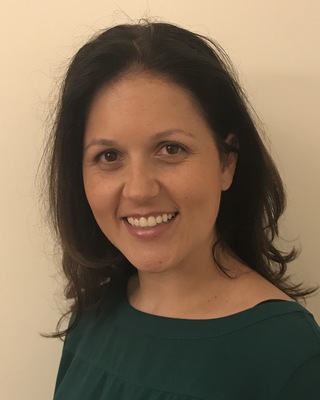Are you looking for a chronic illness therapist to help you cope with a medical condition? Have you been wondering if counseling would be helpful as you adjust to life with a chronic illness or cancer?
If you have been diagnosed with a chronic illness or cancer, you may be experiencing a range of reactions, including worry, fear, anger, depression, and confusion. Being a cancer survivor can result a great deal of stress, anxiety, and concern as well. Keeping track of all your doctors’ appointments and medications can feel like a full-time job. You may be more tired than ever before, you might be having trouble thinking clearly, and you may be experiencing bad pain. Trying to get through your daily life while also coping with a medical condition can be physically and emotionally draining. You may find it hard to keep up with work responsibilities or you’re struggling to stay awake to help your kids with their homework. It may be hard to maintain your exercise routine, cook healthy meals, or concentrate on a good book. You’re finding it difficult to be a patient partner, a good friend, or a present parent.
You are hoping to find a way to manage your illness without letting it take over your life. Finding ways to accept your condition and the changes it may mean for you while also keeping up with your responsibilities and life would help you feel like you again. You want to get through your day without a constant stream of anxious thoughts playing through your head or without crying.
Therapy can help you achieve all this. A therapist can help you learn the skills you need to manage your illness while also living your life. In combination with your medical treatments, counseling can be an important tool for helping you manage your chronic illness or cancer.
Is it common to feel this way when you have a chronic illness or cancer?
Yes, it is common. But just because something is common doesn’t mean it has to be that way. People often struggle physically or emotionally when they have a chronic illness. Worrying about your physical health, feeling sad that you can’t do the things you used to do, being nervous about what the future holds are all common experiences. Thankfully, there are strategies that can help you feel better so you don’t have to feel that way all day every day.
What I have is a medical condition. How will therapy help?
While a psychologist cannot cure your medical condition, therapy can help you find ways to better manage the illness and your daily life. We know that there is a strong connection between the mind and body and research has shown that when people are anxious, stressed, or depressed, their body does not heal itself as quickly. We also know that things like stress or excessive worrying can make it harder to keep track of things like medication regimens and doctor appointments. Finally, exhaustion can have an impact on both physical and emotional wellbeing. Counseling can also help you improve your sleep if that is a concern which can lead to improved energy levels and decreased fatigue.
What will therapy be like?
The first 2-4 sessions will be dedicated to getting to know each other and identifying what your primary goals of therapy are. Together, we will come up with a treatment plan. Depending on what is going on in your life and your own goals, treatment typically lasts 8-20 sessions but does vary.
In therapy, we will do things like identify your thoughts and behaviors that are contributing to some of your negative emotions. We will identify things that you can do differently and practice them to see what happens. You will learn relaxation techniques and mindfulness meditations if you are interested. Throughout therapy, we will periodically assess how you are doing and if we are making progress towards your goals. Based on that information, we may adjust your goals and the treatment plan to ensure it is always working to help you.
How do I get help?
If you want to learn more about therapy for chronic illness or cancer, contact me to set up an initial phone consultation for free.


